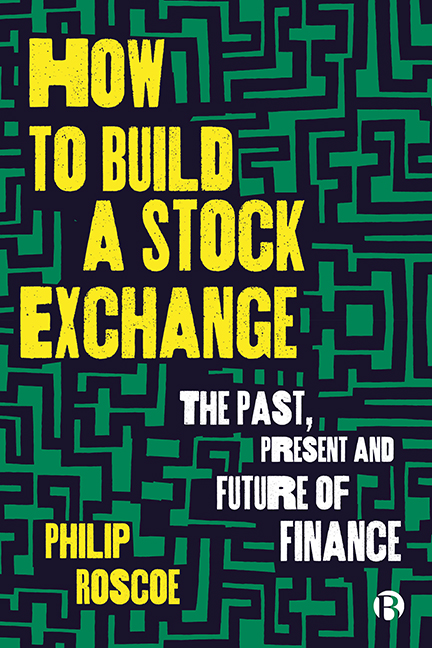1 - Why We Should Care about Finance
Published online by Cambridge University Press: 18 January 2024
Summary
In 1976 two professors from the Simon Business School at the University of Rochester in the USA, Michael Jensen and William Meckling, introduced a new phrase to the lexicon of management ideology. ‘Agency theory’ referred to the relationship that the directors of a firm have with the shareholders, that they act as ‘agents’ to the shareholders who are ‘principals’. Jensen and Meckling saw the firm as a network of contracts, nothing more. The scholars suggested that owner-managed firms offered better returns to shareholders than firms with salaried managers, and that they did so because in the case of owner-managers, the interests of capital and management were neatly aligned. They therefore proposed that managers should be made owners – given a share in the firm. Fourteen years later, with Jensen now at Harvard Business School, these ideas were entering the mainstream. Jensen and his colleague Kevin Murphy penned an influential Harvard Business Review article with the strapline ‘it’s not how much you pay, but how’. How indeed? Chief executives, they urged, should be granted the option to buy shares at knockdown prices if certain targets were reached. ‘On average, corporate America pays its most important leaders like bureaucrats’, they blustered. The complaint about being paid ‘like a bureaucrat’ is not a gripe that executives are paid as badly as bureaucrats, because, by 1990, chief executives were already paid vastly more than public servants; it is that bureaucrats are paid irrespective of their organization’s financial performance. Max Weber, who early on recognized the importance and power of bureaucratic organization, saw this security of tenure as crucial to the disinterested discharge of bureaucratic responsibility. But it did not convince Jensen and Murphy. ‘Is it any wonder then,’ they continued, ‘that so many CEOs act like bureaucrats rather than the value-maximizing entrepreneurs companies need to enhance their standing in world markets?’ This was just what America’s ‘most important leaders’ wanted to hear, and chief executives would hardly contradict esteemed business school academics who told them that they were, in fact, underpaid:
Are we arguing that CEOs are underpaid? If by this we mean ‘Would average levels of CEO pay be higher if the relation between pay and performance were stronger?’ the answer is yes. More aggressive pay-for-performance systems (and a higher probability of dismissal for poor performance) would produce sharply lower compensation for less talented managers.
- Type
- Chapter
- Information
- How to Build a Stock ExchangeThe Past, Present and Future of Finance, pp. 11 - 20Publisher: Bristol University PressPrint publication year: 2023



